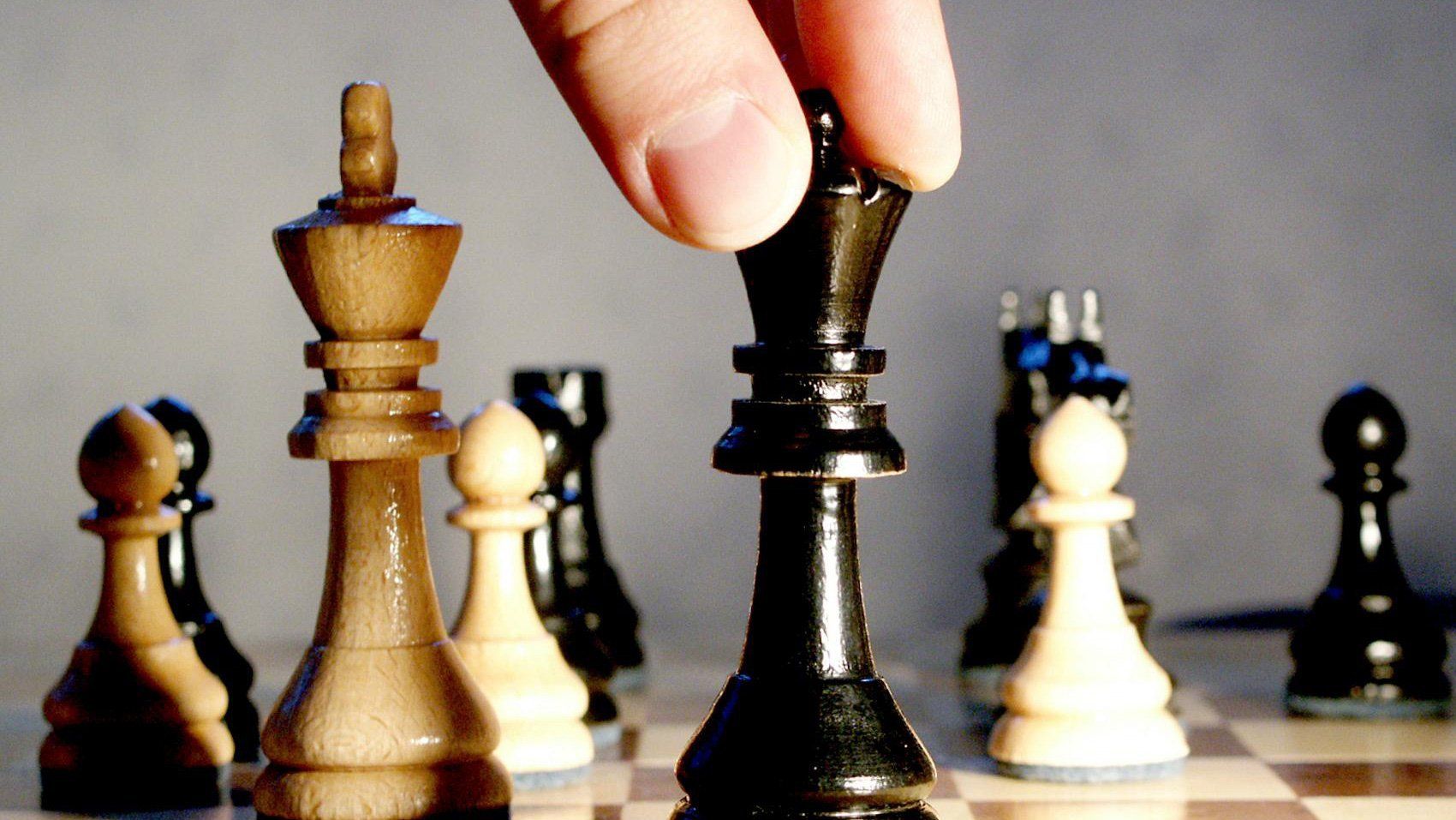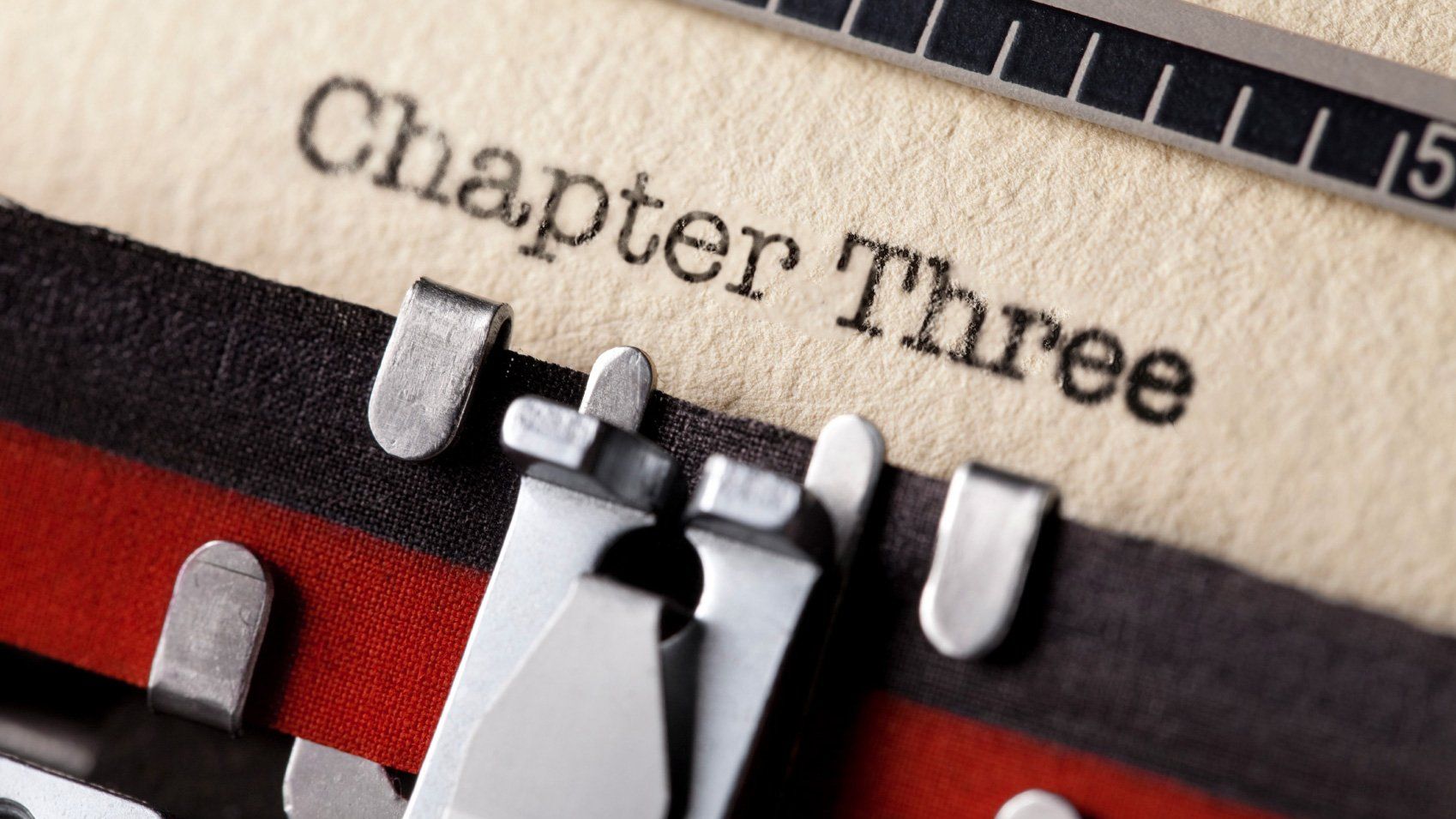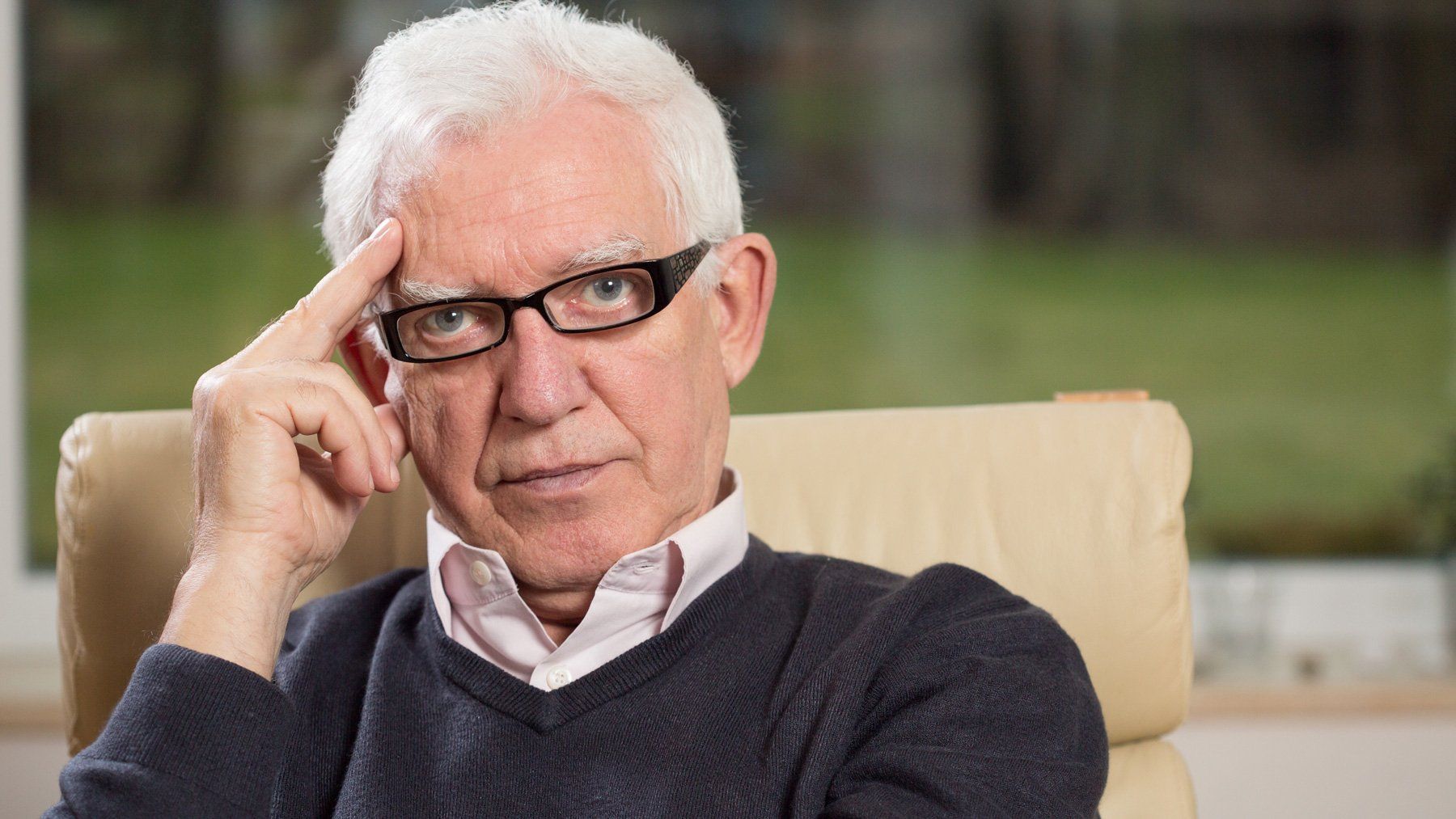blogger
What the Ethics of Climate Change Mean for Individuals
websitebuilder • August 4, 2018

The problem of climate change is a downright paradox: it is precisely by doing everything right – i.e. meeting the expectations of our consumer society – that we are doing everything wrong. Time is running out fast, and yet we are still well on our way towards an ecological catastrophe.

Ever wondered about our systems of thought? Inspired by Daniel Kahneman, I explored the topic of the two juxtaposing systems of the mind that continually interact: fast, intuitive thinking and slow, analytical thinking. Contrary to many, long-outdated views, humans are by no means rational animals who always act sensibly and with beneficial outcomes in mind. As Daniel Kahneman, winner of the Nobel Prize for Economics, points out in his book "Thinking, Fast and Slow" (2012), it is in fact the case that the human dislike of loss is much greater than our love of rewards. This is why, during penalty kicks, a goalkeeper jumps right 50 percent of the time and left the other 50 percent, even though it is widely known that only one-third of kickers shoot to the right and one-third to the left. Another third of the players aim at the middle, but if a goalkeeper simply stays put, he or she would seem inactive. What impression would that make? Another example of irrational action: People clinging to their shares, even when they are rapidly declining in value, just so they won’t be regarded as inconsistent. Such errors of thought constantly undermine us because our thinking is not exclusively guided by reason. The impression others might have of us sometimes influences our thinking even more than reason. Whenever we are supposed to make a decision, it is seldom about the problem itself. Instead, it is more about our highly personal observation of the problem. This pattern of thinking shapes small everyday decisions, but – and this is fatal – it also shapes the bigger picture. Namely, the political and economic systems of this world. In his book, Daniel Kahneman speaks of "competence illusion" when he describes how stockbrokers regard themselves as competent, serious experts, when in reality they are playing a purely random game. A fallacy deeply rooted in the culture of our economy. Politics and economics can be seen as a game, in which individuals try to differentiate themselves but are ultimately guided by chance rather than by reason. Without going into detail of the disaster scenario of the financial crisis, the so-called "anchoring effect" arises every day. In an experiment, for example, Kahneman discovered that experienced judges sentenced a thief to a higher prison sentence, because the thief had committed a number of serious crimes just a few months prior. The consequence of such a behavioral economy is a rather gloomy one: there is more distrust established than trust.

Should medicine be commercial or should it solely be focused on the individual? Is medicine a tradable commodity at all? The progressing polarization of medicine in the natural and human sciences, as well as the conflicts of interest between physicians, politicians and patients, consistently give rise to the most heated discussions.

Paperless office, paperless studies, paperless hospital. It seems like the whole world wants to get rid of the burden of paper these days, and thereby save on resources, effort, and – let’s not forget – time. Efficiency is the buzzword, always and everywhere. But what does this efficiency actually do to us?


